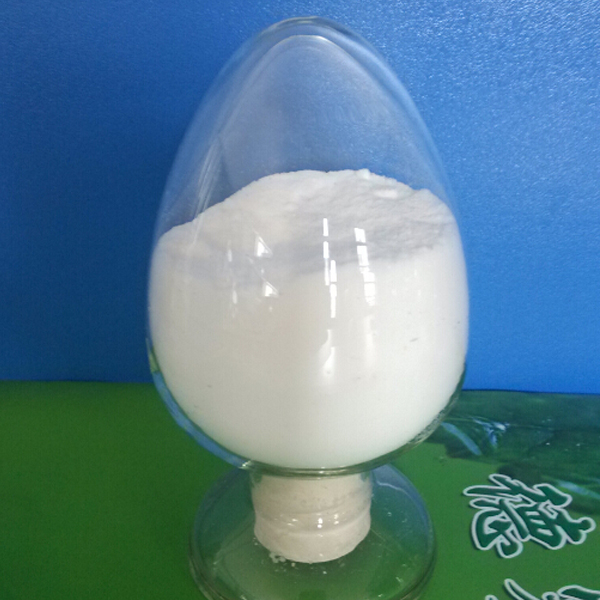
News
Jul . 28, 2024 15:31 Back to list
Exploring the Benefits of Premium Micronutrient Fertilizers for Enhanced Crop Growth and Soil Health
The Importance of High-Quality Micronutrient Fertilizers
In modern agriculture, the quest for enhanced crop productivity and sustainability has led to a renewed focus on the role of micronutrients in soil health and plant growth. Micronutrient fertilizers, often overlooked in favor of macronutrients like nitrogen, phosphorus, and potassium, play a crucial role in ensuring that plants have the essential elements they need to thrive. Among these, high-quality micronutrient fertilizers have emerged as a vital component in the toolkit of farmers seeking to maximize yield, improve crop quality, and ensure sustainable farming practices.
Understanding Micronutrients
Micronutrients are essential elements that plants require in small quantities for various physiological functions. These include iron, manganese, zinc, copper, molybdenum, boron, and chloride. Although they are needed in minute amounts, their impact on plant health and productivity is significant. Deficiencies in these nutrients can lead to poor growth, reduced yield, and increased susceptibility to diseases and pests. High-quality micronutrient fertilizers ensure that plants receive these critical elements effectively.
Benefits of High-Quality Micronutrient Fertilizers
1. Enhanced Nutrient Uptake High-quality micronutrient fertilizers are often formulated for optimal solubility and availability in the soil. This means that plants can readily absorb the nutrients when they are needed the most, thus improving their overall health and growth rates.
2. Improved Crop Quality The application of micronutrient fertilizers can lead to enhanced quality of agricultural products. For instance, crops treated with zinc exhibit better taste, improved antioxidant content, and greater shelf life. This not only benefits farmers in terms of profitability but also enhances consumer satisfaction.
3. Sustainable Agriculture Utilizing high-quality micronutrient fertilizers contributes to sustainable agricultural practices. By ensuring that plants receive balanced nutrition, farmers can reduce their reliance on chemical pesticides, as healthier plants are better equipped to fend off pests and diseases. Furthermore, optimizing nutrient use can help reduce environmental pollution from excess fertilizer runoff.
high quality micronutrient fertilizer oni

4. Soil Health Micronutrient fertilizers can improve soil structure and health by promoting beneficial microbial activity. Healthy soils are the foundation of successful agriculture, as they support plant growth and resilience.
5. Precision Agriculture With advancements in agricultural technology, high-quality micronutrient fertilizers can be applied with precision based on soil tests and crop needs. This targeted approach minimizes waste and maximizes efficiency, leading to better economic outcomes for farmers.
Challenges and Solutions
Despite the numerous benefits, the application of micronutrient fertilizers comes with challenges. One major concern is the potential for micronutrient toxicity if applied in excessive amounts. It is crucial for farmers to conduct soil tests to determine the specific nutrient needs of their crops before application.
Additionally, there is a need for education among farmers regarding the importance of micronutrients. Many still prioritize macronutrients and may neglect the role of micronutrients. Information campaigns and training programs can help raise awareness and understanding of the significance of micronutrient fertilizers in crop production.
Conclusion
In conclusion, high-quality micronutrient fertilizers are essential for the sustainable growth of agriculture. They enhance nutrient uptake, improve crop quality, and promote healthy soils. As the global demand for food continues to rise, integrating these fertilizers into farming practices will be vital for achieving not only higher yields but also ensuring the long-term viability of agricultural ecosystems. The future of farming relies on our ability to harness the power of micronutrients effectively, paving the way for a healthier and more productive agricultural landscape.
-
Polyaspartic Acid Salts in Agricultural Fertilizers: A Sustainable Solution
NewsJul.21,2025
-
OEM Chelating Agent Preservative Supplier & Manufacturer High-Quality Customized Solutions
NewsJul.08,2025
-
OEM Potassium Chelating Agent Manufacturer - Custom Potassium Oxalate & Citrate Solutions
NewsJul.08,2025
-
OEM Pentasodium DTPA Chelating Agent Supplier & Manufacturer High Purity & Cost-Effective Solutions
NewsJul.08,2025
-
High-Efficiency Chelated Trace Elements Fertilizer Bulk Supplier & Manufacturer Quotes
NewsJul.07,2025
-
High Quality K Formation for a Chelating Agent – Reliable Manufacturer & Supplier
NewsJul.07,2025
